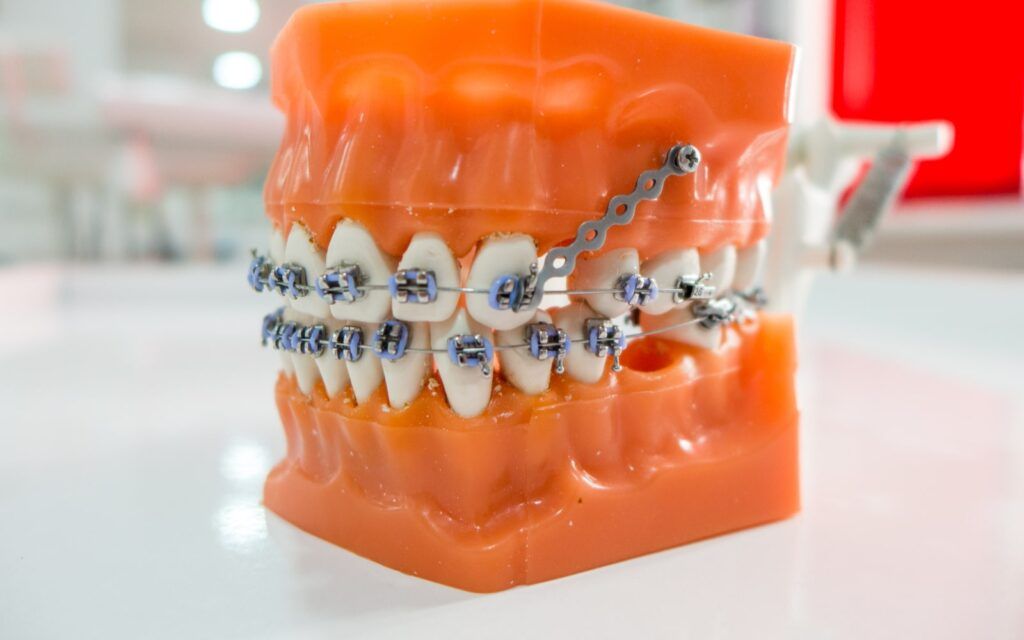Temporary anchorage devices (TADS) are titanium implants used during orthodontic care and can be especially useful for your children. They are similar in shape to screws and can remain in place for several months following implantation. The type of treatment being performed determines the length of time they remain in place. They aim to provide a fixed and stable point that your dentist can utilize in moving your child’s teeth during orthodontic care. They must ensure that the teeth move appropriately and only those that need to be moved during the treatment.
TADS Role In Your Child’s Oral Adjustments
Orthodontic care, especially for children, is a complex procedure that requires the precise application of force to specific oral structures. Consistent pressure is needed to ensure that your child’s teeth move as desired. Furthermore, it’s necessary to ensure that only specific teeth move while others remain in place. In most dental treatments, one or multiple teeth will be used as anchor points for adjusting other teeth. However, this is only sometimes possible or desirable. When this is the case, temporary anchorage devices might come into play. They’re an effective alternative to typical anchorage techniques and are more flexible in their placement. The benefits of using temporary anchorage devices include the following:
- The ability to create an anchorage point where one didn’t exist
- Able to avoid using other teeth that may move in undesirable ways
- It can serve as extra security for teeth being used as an anchorage point to ensure they don’t move
- Can remove the need for headgear during dental care
TADS can eliminate the risk of teeth moving in unwanted ways. This kind of undesirable movement can lead to significant complications in dental care. Before the introduction of TADS, it was often necessary to use headgear options when appropriate anchorages didn’t exist. These devices make it possible without the need for these external supports. They can also reduce the need for any future oral surgeries and other complications by addressing your child’s health ahead of time.
For adults, receiving TADS is a straightforward process similar to receiving typical dental implants. However, there are differences in the process. Unlike standard implants, TADS don’t need to undergo osseointegration. Osseointegration is the process by which permanent dental implants are fused with the jaw’s bone. For permanent devices, this process is necessary to provide a secure anchorage point for your dentures. TADs, however, are discarded at the end of their usefulness.
Receiving TADS is also less invasive than traditional implants. The process is generally pain-free and begins with the application of an anesthetic to reduce any discomfort. While under anesthesia, you’ll only feel mild pressure at the treatment site. Care of TADS requires no additional effort on the part of the patient. Your dentist may provide a toothbrush with unique bristles and an antimicrobial solution to ensure they heal properly.
Ask Your Dentist About TADS
At your following upcoming dental procedure, if you want to know if TADS might be appropriate for your child, speak to your dentist. They’ll go over the specifics of your treatment and inform you if TADS can be a valuable part of the process. Plan your child’s next visit today!


